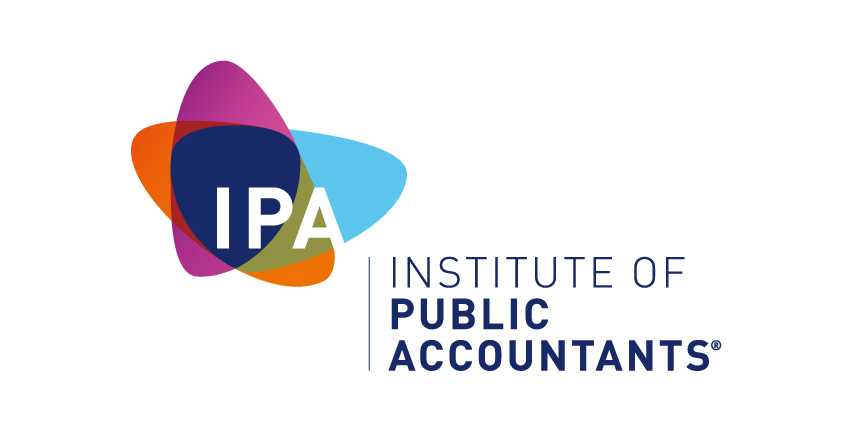5 THINGS THAT SMALL AND MEDIUM-SIZED BUSINESSES NEED FROM THE 2022-23 FEDERAL BUDGET
24 March 2022
- Make the instant asset write off permanent
- Help small and medium enterprises negotiate ESG impact
- Support skills transition with tax incentives
- Increase SMEs’ export capacity
- Structural reform of the tax system to address shrinking tax base, ageing population, budget repair
The Institute of Public Accountants (IPA) is urging the government to prioritise federal budget initiatives which give small and medium-sized enterprises the confidence to bounce back and carry on after two years of pandemic and climate-related tumult.
“Policies that help them hire, invest and innovate is what SMEs want and need right now,” IPA Group chief executive Andrew Conway said.
“SMEs have shown incredible resilience and agility,” Mr Conway said. “While government support has provided welcome relief and economic stability, the disruption of COVID-19 has taken its toll. Supply chain disruptions, staff shortages and inflation are biting.”
Mr Conway said SMEs are eager to embrace the opportunities presented by the global energy transition. “They, like everyone else, are looking for guidance on where to start, but with significantly less resources to throw at this immense structural shift,” he said.
The IPA has identified five policy initiatives to boost small and medium business growth and productivity in the short, medium and long-term:
- Make the instant asset write-off permanent
The instant asset write-off has been extended to 30 June 2023 to allow eligible businesses to deduct the full cost of eligible depreciable asset. Making it a permanent feature of the tax system is a quick win. - Help small businesses negotiate ESG impact
SMEs are eager to embrace the opportunities presented by the global energy transition. However, they need help to establish a baseline, understand what popular and credible ESG credentials exist in their sector, and realign their supply chain and operational strategies in line with sustainability goals. They have limited resources to do this. - Support skills transition with tax incentives
The government currently offers extensive support for youth training and upskilling in line with an individual’s current role. But individuals looking to retrain and switch to a completely new discipline are left to fend for themselves. Tax deductions to incentivise career mobility and mid-life career change could improve productivity, particularly with the unemployment rate approaching 4 percent and nationwide shortages in critical and emerging fields. - Raise SMEs’ export capacity
Private companies which export are substantially (approximately 9 percent) more efficient than those that don’t. While SMEs make up around 99 percent of all Australian businesses and around 88 per cent of all exporting businesses in Australia, they account for less than 4 percent of the total value of exports. Incentivising a broader cross-section of private companies, especially micro and small businesses, to export has the potential to provide a much-needed productivity boost. - Structural reform of the tax system to address shrinking tax base, ageing population, budget repair
Sensible, well considered, wholesale structural reform of Australia's taxation system is likely to provide an efficient way to manage Australia's road to fiscal recovery in a post COVID world. This includes broadening the tax base, moving away from our dependency on income taxes. Incentivising states to remove complex and inefficient taxes, such as stamp duty and payroll tax which are distortive and often discourage business transactions and wage growth. It is well documented that 90 percent of total tax revenue collected by Australian governments, is derived from only 10 of the 125 taxes paid by Australians each year. Conversely, 10 percent of tax revenue was contributed by the remaining 115 taxes. Reforms should include a holistic overhaul of all small business tax concessions.
